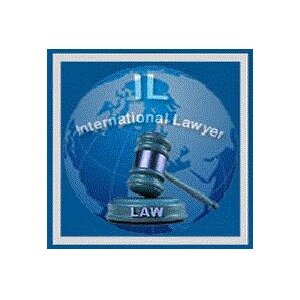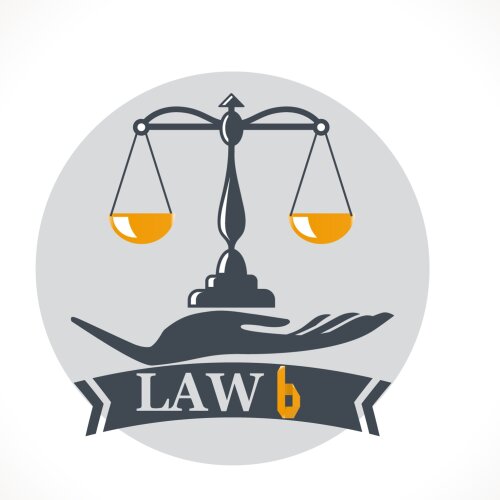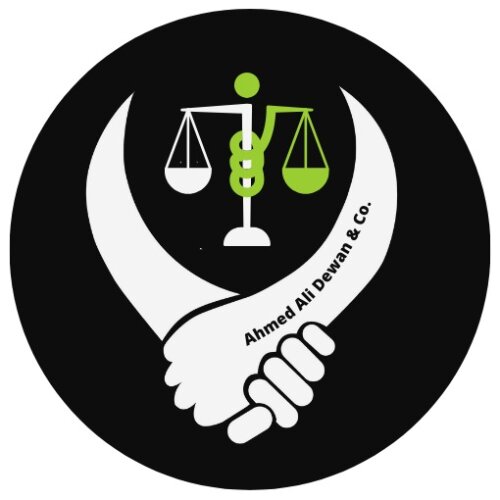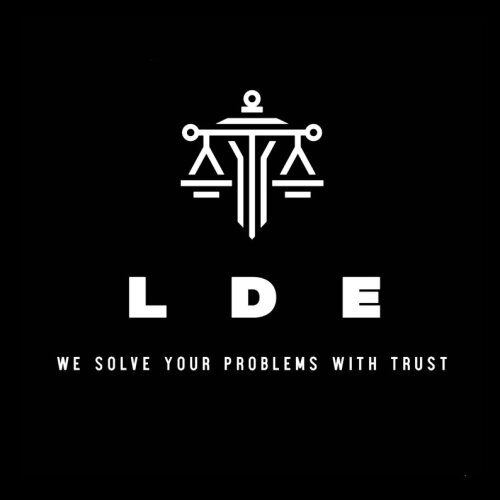Best Communications & Media Law Lawyers in Islamabad
Share your needs with us, get contacted by law firms.
Free. Takes 2 min.
List of the best lawyers in Islamabad, Pakistan
About Communications & Media Law in Islamabad, Pakistan
Communications & Media Law in Islamabad, and throughout Pakistan, primarily governs the regulatory framework for all aspects of communications and media, including print media, broadcasting, advertising, digital, telecommunication, and more. Some of the primary legislative instruments are the Pakistan Electronic Media Regulatory Authority (PEMRA) Ordinance 2002, the Press, Newspaper, News Agency and Books Registration Ordinance 2002, and the Pakistan Telecommunication (Re-organisation) Act, 1996.
Why You May Need a Lawyer
Whether you are a media organization, an advertising agency, a telecommunication company, or an individual dealing in the media and communications sector, there may come a time when you need a lawyer. Situations can range from seeking to understand laws and regulations and their implementation, minimizing legal risks, dealing with defamation and privacy matters, to resolving disputes related to intellectual property rights, content licensing, and more.
Local Laws Overview
The fundamental legislation governing this aspect of law in Islamabad and Pakistan in general include the Defamation Ordinance 2002 for matters relating to publishing defamatory material, the PEMRA Ordinance 2002 to regulate private electronic media, and the Cybercrime Bill for offences related to misuse of digital platforms. Cinematograph laws govern film production, while telecommunication laws oversee the operation of telecommunication systems throughout the country.
Frequently Asked Questions
What is the consequence of defamation in Islamabad, Pakistan?
The Defamation Ordinance 2002 provides the provision for damages caused by defamation. This can range from public apologies to imprisonment and fines.
Do communications and media companies need a license to operate?
Yes, any private entity looking to broadcast or distribute digital media must obtain a specific license from Pakistan Electronic Media Regulatory Authority (PEMRA).
What is the role of the Pakistan Telecommunication Authority (PTA)?
PTA is the primary regulatory authority that oversees the establishment, operation, and maintenance of telecommunications in Pakistan.
What constitutes as a cybercrime?
A cybercrime is any illegal activity that involves a computer, its systems, or its applications. This includes, but is not limited to, cyber-stalking, forgery, and unauthorized access to data.
Is there any legislation regulating advertising in Pakistan?
Yes, advertising in Pakistan is regulated by several laws including the Advertising Standards Council of Pakistan's Code, the Code of Advertising Practice, and certain provisions in the Pakistan Penal Code and the Consumer Protection Act.
Additional Resources
The Pakistan Telecommunication Authority (PTA), the Pakistan Electronic Media Regulatory Authority (PEMRA), and the Ministry of Information and Broadcasting are key bodies for people seeking additional insights or help regarding communications & media law.
Next Steps
Seeking legal advice is a crucial part of understanding and navigating the complexities of communications and media law. Consider seeking out law firms that specialize in these areas within Islamabad to ensure you receive informed, expert advice. When consulting with a lawyer, make sure to present all relevant details about your case to help them provide you with the most accurate guidance.
Lawzana helps you find the best lawyers and law firms in Islamabad through a curated and pre-screened list of qualified legal professionals. Our platform offers rankings and detailed profiles of attorneys and law firms, allowing you to compare based on practice areas, including Communications & Media Law, experience, and client feedback.
Each profile includes a description of the firm's areas of practice, client reviews, team members and partners, year of establishment, spoken languages, office locations, contact information, social media presence, and any published articles or resources. Most firms on our platform speak English and are experienced in both local and international legal matters.
Get a quote from top-rated law firms in Islamabad, Pakistan — quickly, securely, and without unnecessary hassle.
Disclaimer:
The information provided on this page is for general informational purposes only and does not constitute legal advice. While we strive to ensure the accuracy and relevance of the content, legal information may change over time, and interpretations of the law can vary. You should always consult with a qualified legal professional for advice specific to your situation.
We disclaim all liability for actions taken or not taken based on the content of this page. If you believe any information is incorrect or outdated, please contact us, and we will review and update it where appropriate.















